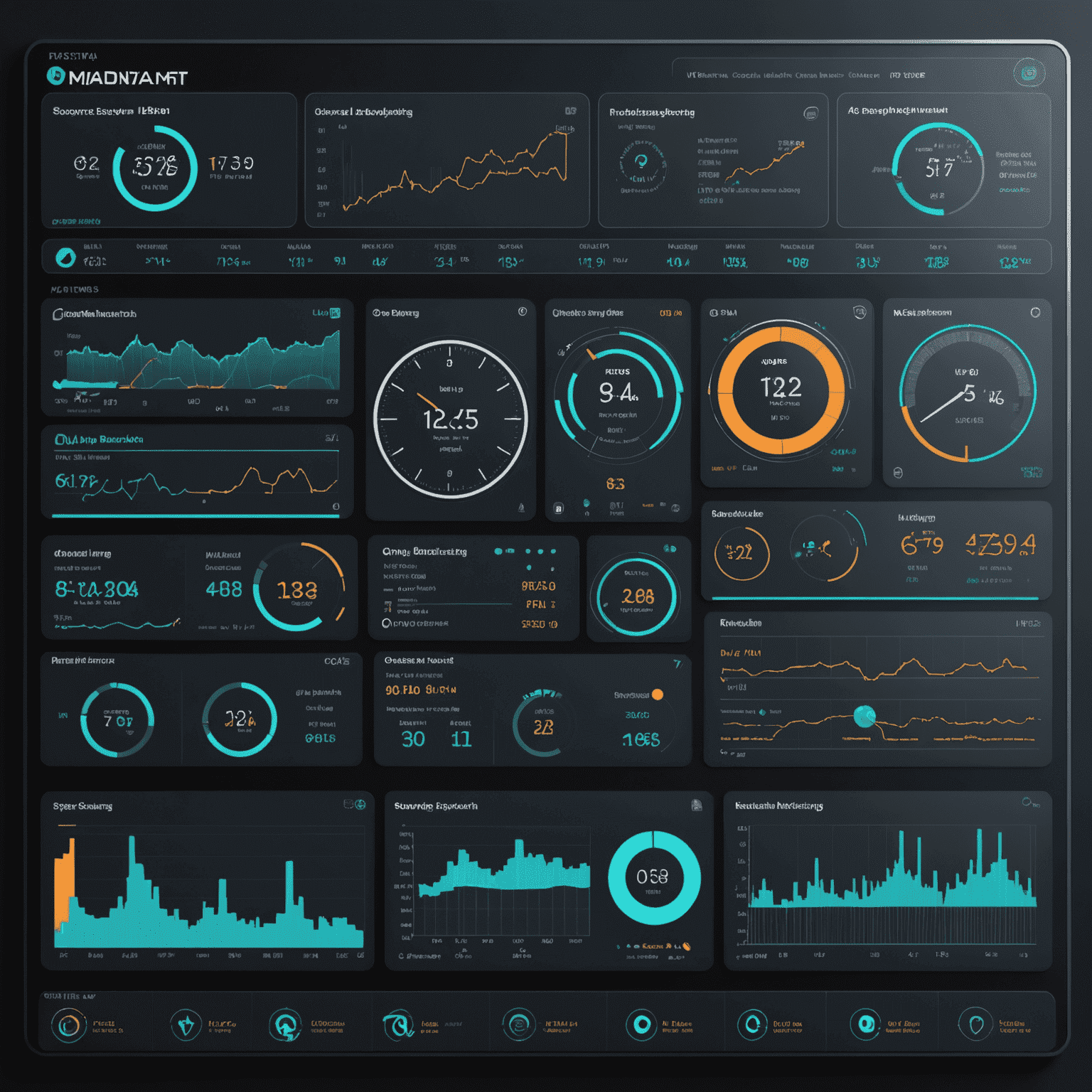The Evolution of RMM: Trends Shaping the Future of IT Management

As businesses increasingly rely on complex IT infrastructures, the Remote Monitoring and Management (RMM) industry continues to evolve, offering more sophisticated solutions to streamline workflows and enhance operational efficiency.
1. AI-Powered Predictive Maintenance
One of the most significant trends in RMM solutions is the integration of artificial intelligence for predictive maintenance. By analyzing patterns and historical data, these smart systems can anticipate potential issues before they occur, allowing IT teams to proactively address problems and minimize downtime.
2. Cloud CRM Integration for Enhanced Customer Service
The convergence of RMM and CRM solutions is revolutionizing customer service in the IT sector. By integrating cloud CRM platforms with RMM tools, businesses can provide more personalized and efficient support, leading to improved customer satisfaction and retention rates.
3. Advanced Network Management Capabilities
As networks become more complex, RMM solutions are expanding their network management capabilities. Modern RMM platforms now offer advanced features such as automated network mapping, real-time performance monitoring, and intelligent routing optimization to ensure optimal network health and performance.
4. Enhanced Security Features
With the rising threat of cyberattacks, RMM solutions are incorporating more robust security features. This includes advanced endpoint protection, automated patch management, and integrated threat intelligence to help businesses maintain a strong security posture across their IT infrastructure.
5. IoT Device Management
As the Internet of Things (IoT) continues to grow, RMM platforms are adapting to manage and monitor a wide array of connected devices. This expansion allows businesses to have a unified view of their entire technology ecosystem, from traditional IT assets to smart devices and sensors.
Conclusion
The RMM industry is at the forefront of innovation in IT management. By embracing these trends, businesses can significantly enhance their operational efficiency, improve customer satisfaction, and stay ahead in an increasingly competitive digital landscape. As RMM solutions continue to evolve, they will play a crucial role in shaping the future of IT management and service delivery.